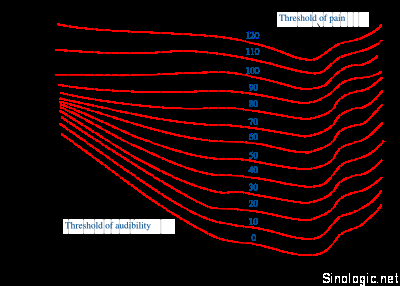
El códec G.722 es libre (las patentes expiraron) por lo que ahora las empresas hacen «versiones» de este códec para poder volver a patentar estas modificaciones.
Broadcom (la empresa que hay detrás de los dispositivos de red) acaba de anunciar la disposición pública y libre de un códec que muestrea a 16Khz:
BroadVoice16 (BV16) for narrowband telephone-bandwidth speech sampled at 8 kHz,
and a 32 kb/s version called BroadVoice32 (BV32) for wideband speech sampled at 16 kHz.
Las ventajas las indica claramente en su página:
- Low Delay (Latency): algorithmic buffering delay of merely 5 ms (compared with 15 to 40 ms of most competing codecs)
- Low Complexity: much lower MIPS requirements than most competing codecs (typically 1/3 to 1/2 of comparable ITU-T G.72x codecs), also lower memory requirement than most competing codecs
- High Quality: equivalent or better speech quality than most competing codecs in PESQ comparisons and in extensive formal subjective MOS listening tests conducted by AT&T Labs, COMSAT Labs, and Dynastat, Inc
- Moderate Bit-Rate: at 2 bits/sample, coding efficiency is higher than G.711, G.726, and G.722 and comparable to many other codecs
- Availability: Broadcom is providing both the floating-point and fixed-point C source code of BroadVoice16 and BroadVoice 32 under an open source license and on a royalty-free basis
Ahora sólo falta que la licencia LGPL sea suficiente para que se popularice y podamos disfrutar en nuestros sistemas de soporte para este códec.
Más detalles:
http://www.broadcom.com/support/broadvoice/
